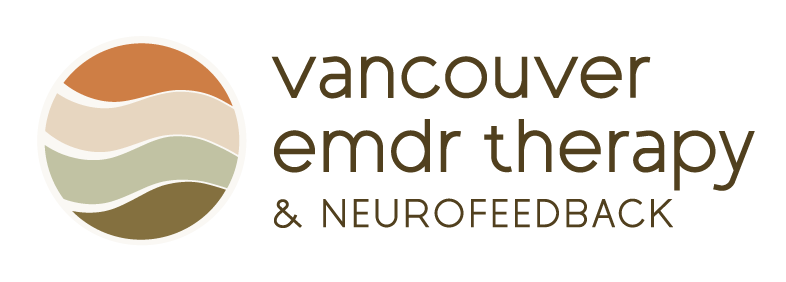 Addictions and Trauma Go Together
Addictions and Trauma Go Together
Research shows that the number of traumatic events in a persons life and chronic stress correlates with a higher likelihood of addictive behaviors. In fact, adults who were physically, sexually abused or neglected as children are five times more likely to develop addictions then their non abused peers.
Early life experiences programs the brain and body for their environment. Stress becomes trauma only when it comes in “doses” that are too large or too unpredictable or too sustained over which the person has little or no control. Addictive behaviors and substances act as a soothing mechanism for the brain.
We help clients with addictions to substances as well as behavioral “impulse control” addictions such as; sex addiction, shopping addiction, food addiction and more.
“Not why the addiction but why the pain.”
―
We meet clients “where they are at” and support their desire for recovery or to minimize the harm of their addiction on their life by using the “Harm Reduction Model.”
EMDR therapy for addiction is helpful as part of a comprehensive treatment plan. EMDR therapy helps to process the trauma which feeds the addiction. It can also be used to target cravings, urges, triggers and relapses. As part of a comprehensive treatment plan EMDR therapy can be combined with other supportive approaches such as: 12 Steps programs, Neurofeedback, mindfulness, meditation as well as medication management. Clients do not need to be sober to benefit by EMDR therapy.
Our therapists use special EMDR Addiction Protocols (DeTUR, Cravex and Feeling State Addiction Protocol) to help stabilize the client and their addiction. Once clients are more emotionally regulated then we work with them to process the trauma underneath the addiction.


